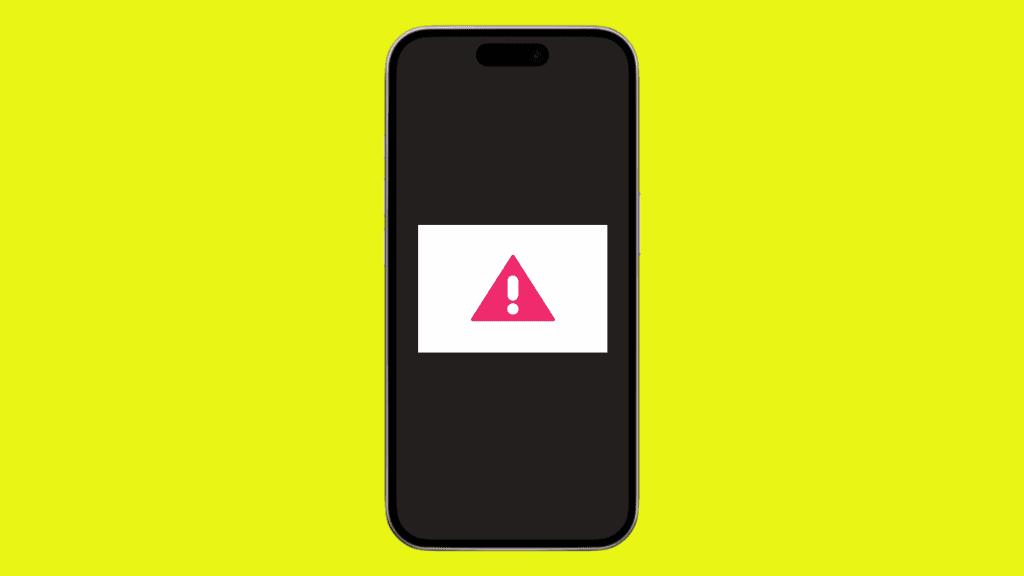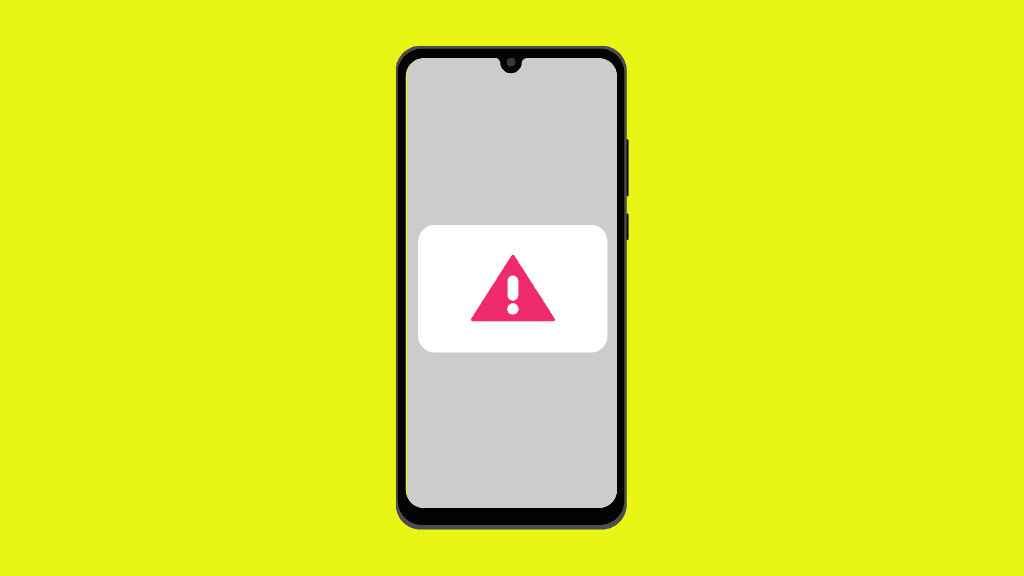
If you’ve got the latest iPhone or Android device, running the latest OS, and you typically confine yourself to social networking, web surfing, and the like, chances are startup time isn’t something you think about very often.
But for the larger majority of users — and for mobile gamers in particular — startup time is very much top of mind and often leads to frustration.
In fact, when we recently surveyed more than 900 mobile users, slow startups were the No. 1 most common issue they reported running into weekly and daily.






